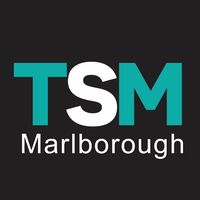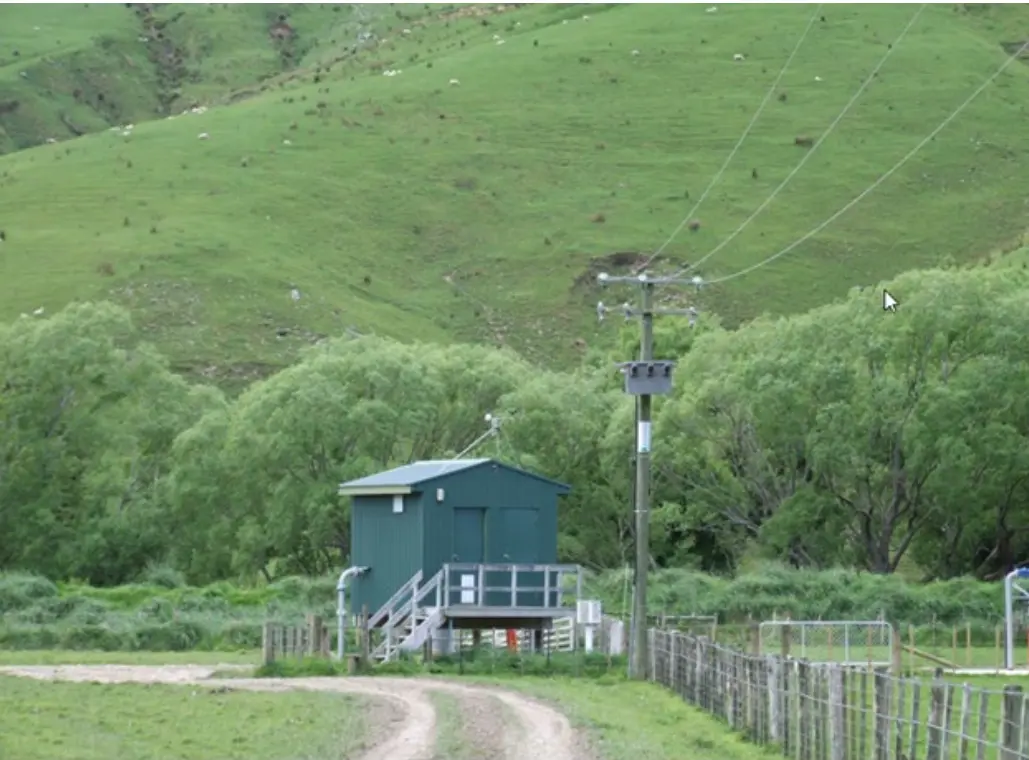Marlborough council slams regulator for controversial Havelock boil water notice


The current Havelock water treatment plant will soon have a temporary UV treatment plant installed. Photo: Supplied.
Kira Carrington, LDR Reporter
Marlborough councillors have criticised the national water regulator for a lack of transparency over Havelock’s controversial boil water notice, and for not offering solutions.
But Taumata Arowai has hit back, saying it’s not its job to solve the council’s problems.
Councillors were presented with a report about the boil water notice at Thursday’s full council meeting.
The notice was issued on July 16 after updated guidance from Taumata Arowai, as the Water Services Act 2021 required multiple barriers against protozoa.
Havelock’s current treatment plant only used chlorine, and the council said at the time the notice would likely last until a new $14 million treatment plant opened in 2028.
The prospect of a three-year boil water notice came as a shock to Havelock residents, who set about looking for alternatives, until the council announced on July 25 it would install a temporary UV treatment plant for the town.
Council infrastructure and services manager Richard Coningham said on Thursday that Taumata Arowai had told the council on July 9 to issue the boil water notice within two days, however the council asked for more time as the region was still in a State of Emergency due to flooding.
Councillor Gerald Hope slammed Taumata Arowai for not warning the council earlier about the need for the notice.
“I think it's unreasonable to put the wind up the community, particularly the tourism industry and food processors, at such short notice that this is going to be implemented,” Hope said.
“It's quite draconian, it's heavy handed, it's authoritarian.
“It is not the way that any agency, which is government-based, should actually interact with [councils].”
Mayor Nadine Taylor said Taumata Arowai’s actions “fell well below the professional standards that we should be able to expect of a regulator”.
“Both from the warning from the notice that they gave us, but in particular that they did not raise that there was an alternative option, prior to directing the boil water option,” Taylor said.
A private sector supplier, Apex Water Ltd, had approached the council after the notice was issued and offered to install the temporary UV treatment plant, expected to cost $750,000, though some of the equipment could be reused in the permanent plant.
If all went to plan, the notice could be lifted by mid to late September..
Taylor said Apex Water Ltd had recently installed a similar treatment plant for Queenstown’s water supply. Taumata Arowai was “well aware”, but did not inform the council that a temporary solution was even an option, she said.
“As a professional organisation focused on the delivery of safe drinking water, I think their first obligation was to direct us that there was an option available to us to deliver drinking water on a temporary basis, rather than jumping immediately to the punitive [notice].”
Councillors around the table nodded and murmured in agreement.
Councillor Barbara Faulls said the notice caused “quite extreme” levels of stress and uncertainty, “especially the elderly and unwell“.
“The extent of potential financial outlay that was going to have to be put into place out there was causing a massive amount of stress, not to mention reputational harm to the visitor industry.”
Taumata Arowai acting head of operations Marta Lang said the regulator had notified the council about the public health risk for Havelock’s water supply, along with 28 other supplies around the country, in late 2023.
“The authority have been consistently clear about our expectation that drinking water suppliers take appropriate actions to manage public health risks relating to their supplies and ensure that the communities they serve are aware of any risks,” Lang said.
Taumata Arowai raised further concerns about Havelock’s water with council officers on May 1, 2025. They followed up with a letter on May 8, which garnered no response, so they followed up again on May 29.
The council responded on June 13, “but this still did not address our concerns about supply risks”, Lang said.
While the regulator always intended to be helpful, it was not its responsibility to inform the council of solutions for water treatment, Lang said.
“As the water supplier, it needs to engage an engineer or consultant to advise them of appropriate water treatment solutions suitable for their specific supply circumstances.”
LDR is local body journalism co-funded by RNZ and NZ On Air.
